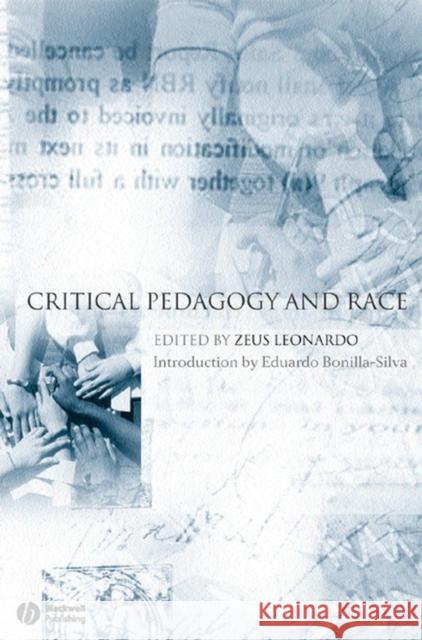Critical Pedagogy and Race » książka
topmenu
Critical Pedagogy and Race
ISBN-13: 9781405129688 / Angielski / Miękka / 2005 / 256 str.
Critical Pedagogy and Race argues that a rigorous engagement with race is a priority for educators concerned with equality in schools and in society.
- A landmark collection arguing that engaging with race at both conceptual and practical levels is a priority for educators.
- Builds a stronger engagement of race-based analysis in the field of critical pedagogy.
- Brings together a melange of theories on race, such as Afro-centric, Latino-based, and postcolonial perspectives.
- Includes historical studies, and social justice ideas on activism in education.
- Questions popular concepts, such as white privilege, color-blind perspectives, and race-neutral pedagogies.











